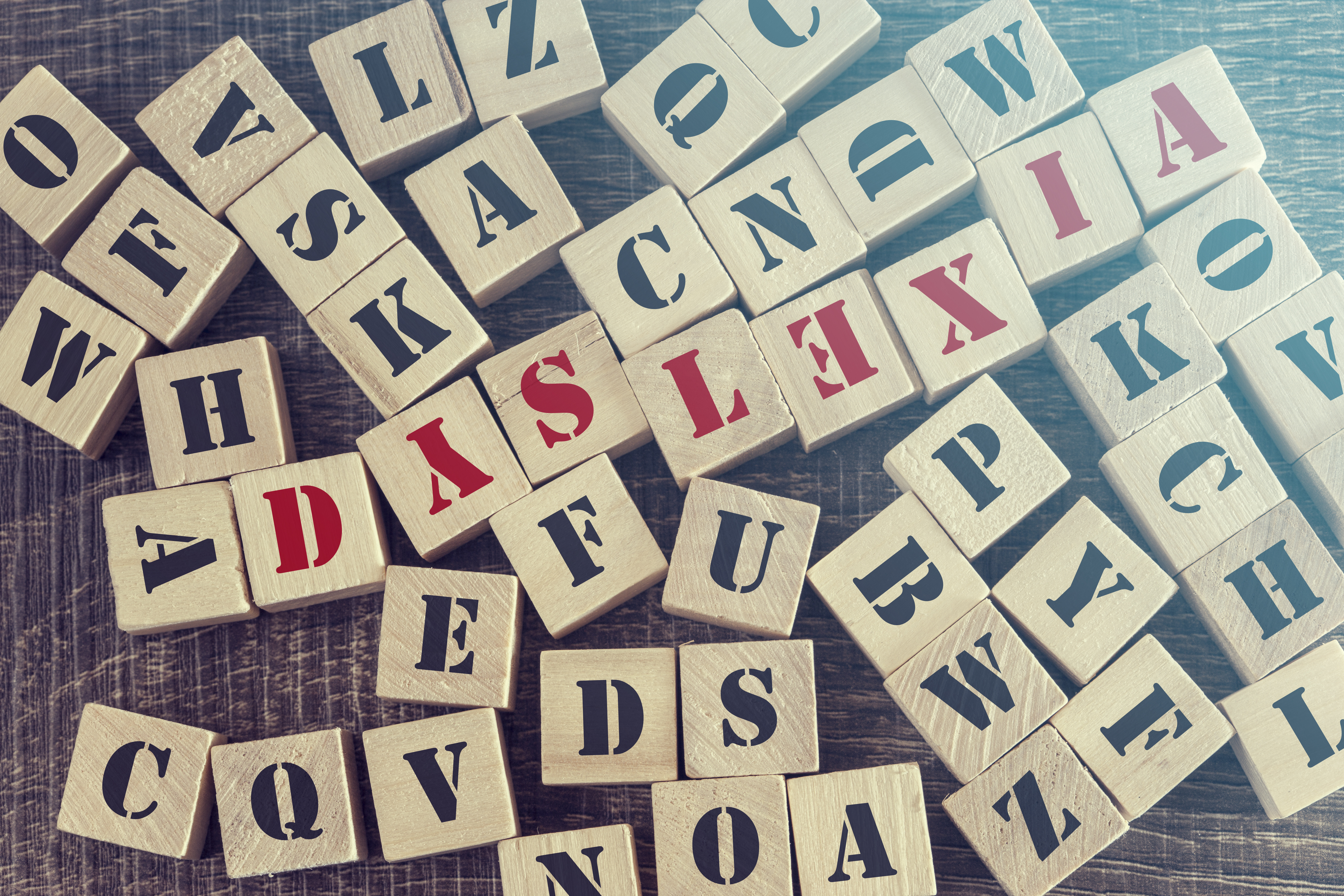
Dyslexia
With our understanding of how the brain learns and learns to read, we at Neurotech Solutions can help! It all starts with the sound structure of our language. At a very young age, we naturally perceive (discriminate) the 44 sounds of our language. We begin to play with sounds, by rhyming, between the ages of 3 and 4. Then, we move on to isolate, blend, and substitute individual sounds we hear and create new words. This is called phonological awareness. This is an auditory process that should occur naturally, before we begin to assign the 44 sounds to the 26 letters of the English language to learn to read.
Reading must be taught and is directly impacted by our auditory processing ability. If a student does not process sounds accurately and quickly and then correctly assign sounds to the letters of our language, it may be difficult to learn how to decode words and comprehend what has been read.
At Neurotech Solutions, we work to understand the origin of a student’s difficulties and design the right brain plasticity and/or direct instructional program to meet each student’s specific needs.
What are the early signs that my child may have difficulty learning to read?

Preschool Years
- Delayed language and persistent difficulty pronouncing words
- Trouble learning nursery rhymes
- Problems learning the names of letters
Kindergarten and First Grade
- Can’t break down words into parts (e.g., air-port; b-a-t)
- Difficulty with sound-letter association
- Trouble reading one-syllable words such as hop, cat, and nap
From Second Grade On
- Problems in speaking
- Mispronounces longer or unfamiliar words (may delete syllables or rearrange sounds)
- Difficulty remembering rote information such as birthday, phone number, or address
- Problems in Reading
- Slow progress in acquiring reading skills
- Trouble sounding out words
- Doesn’t have a strategy to read a new word or “stumbles” on multisyllabic words
- Reading sounds choppy
- Doesn’t read small function words such as that, an, or in,
- Dislikes reading and has associated low self-esteem
- Difficulty spelling
- Substitutes words when reads
